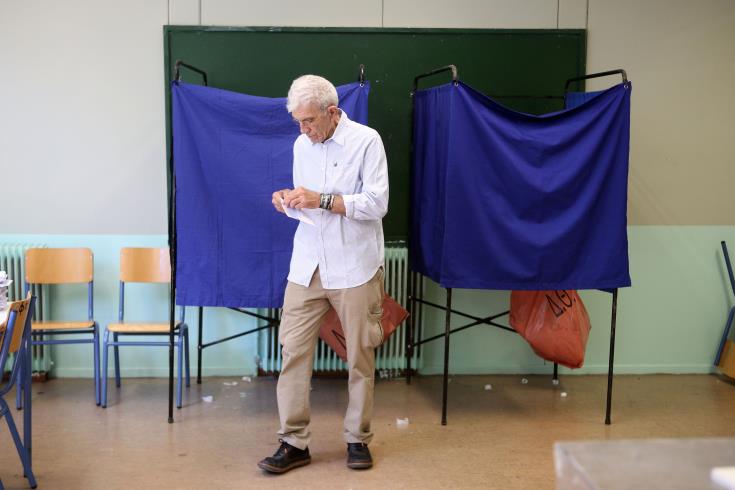A record 659 candidates came forward this week to contest the 56 seats in parliament on May 30, with the campaigns so far being less fascinating than watching paint dry.
Those few lucky to be invited on TV shows are allowed a few minutes of airtime, as if anyone watches anything on the telly nowadays, apart from satirical shows, sports, travel, and cooking shows.
Worse still, due to the Covid restrictions, political parties and those within their ranks with a budget have resorted to billboard advertising, with Cyprus roadsides filled with uninteresting faces, most wearing pin-striped suits and transmitting a two-word message.
In many cases, these are irrelevant, illogical, and even an insult to the intelligence of the voters, not realising that some party slogans verge on arrogance.
The condescending attitude of one or another claiming to be the champion of anti-corruption and transparency has not convinced the Public, evident from the recent opinion polls that suggest the mainstream parties might lose seats and the smaller or ‘fringe’ alliances might gain some, due to voter frustration.
The few who have resorted to social media, especially utilising user-friendly means such as short video clips, are gaining popularity.
At the same time, the cold calls from campaign centres asking voters to prefer a candidate often results in a shouting match or the caller listening to agonising stories of unemployment, poverty, health, and depression.
That could be why the larger political parties now target younger voters, urging them to vote after doing nothing to encourage them to register before the April deadline.
Times have changed, and Covid has exacerbated the situation.
Some political parties are still stuck in the ’80s.
The male-dominated campaign lists should have been a major wake up call for female voters, who have yet to speak out against the discrimination and the absence of any form of quota to narrow the gender disparity.
With just 15 days to go, perhaps we should try and survive this excruciatingly boring run-up to the elections so that a new House is voted in.
And we return to some sense of normalcy with matters of greater urgency than the egos of the political parties – health, education, economy, poverty, unemployment, and innovation.
In other words, come May 31, Cyprus should get back on track and try to fix itself despite the politicians.










